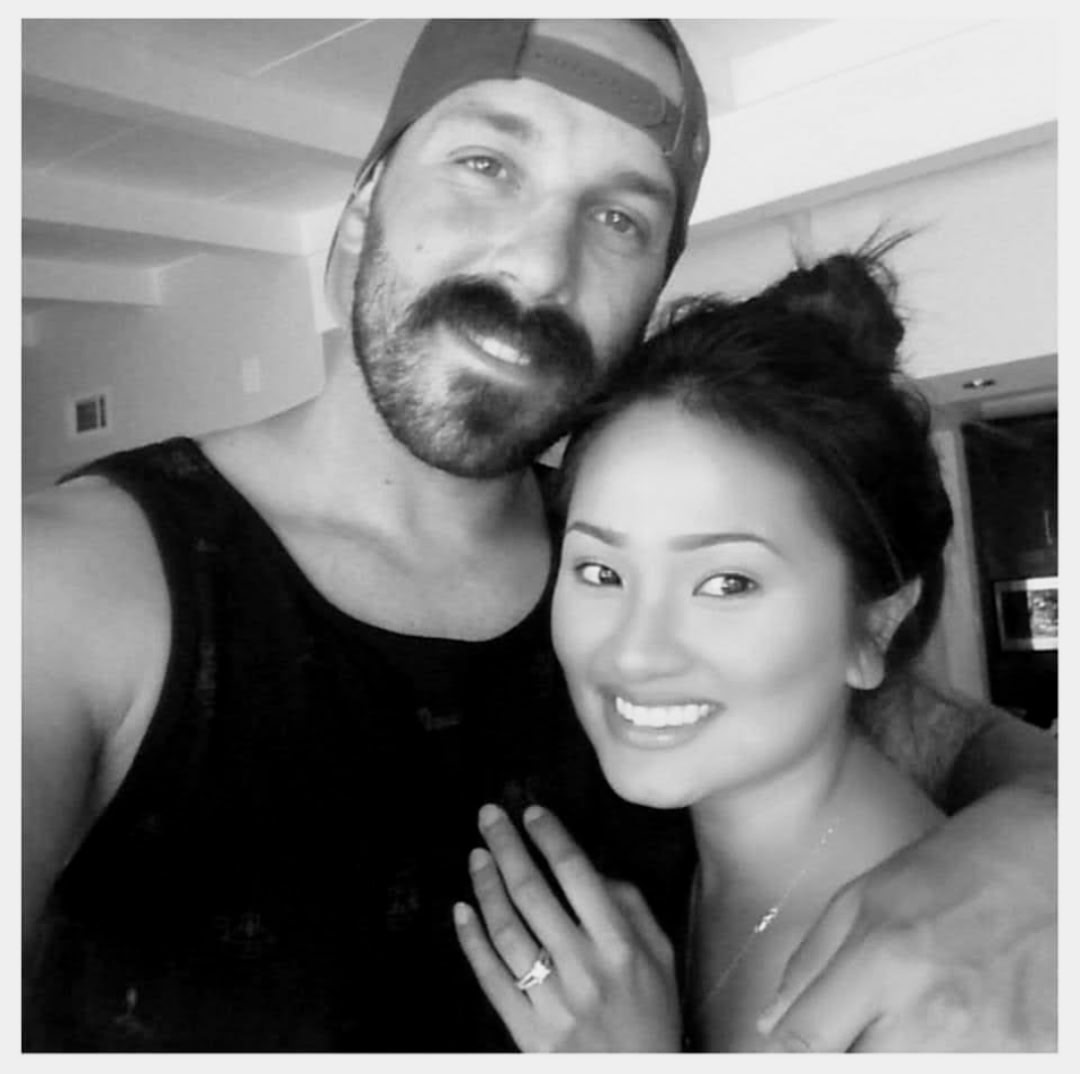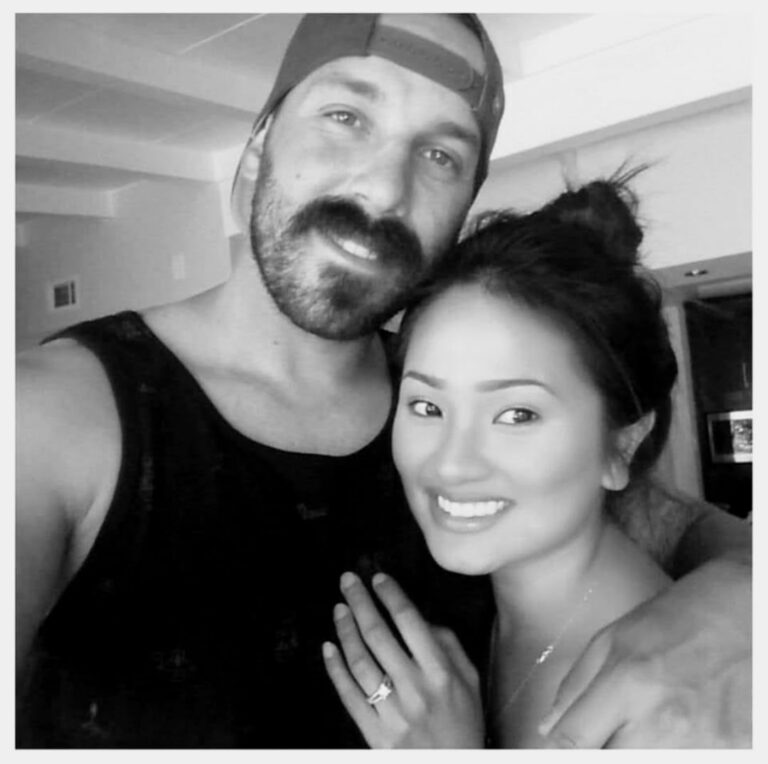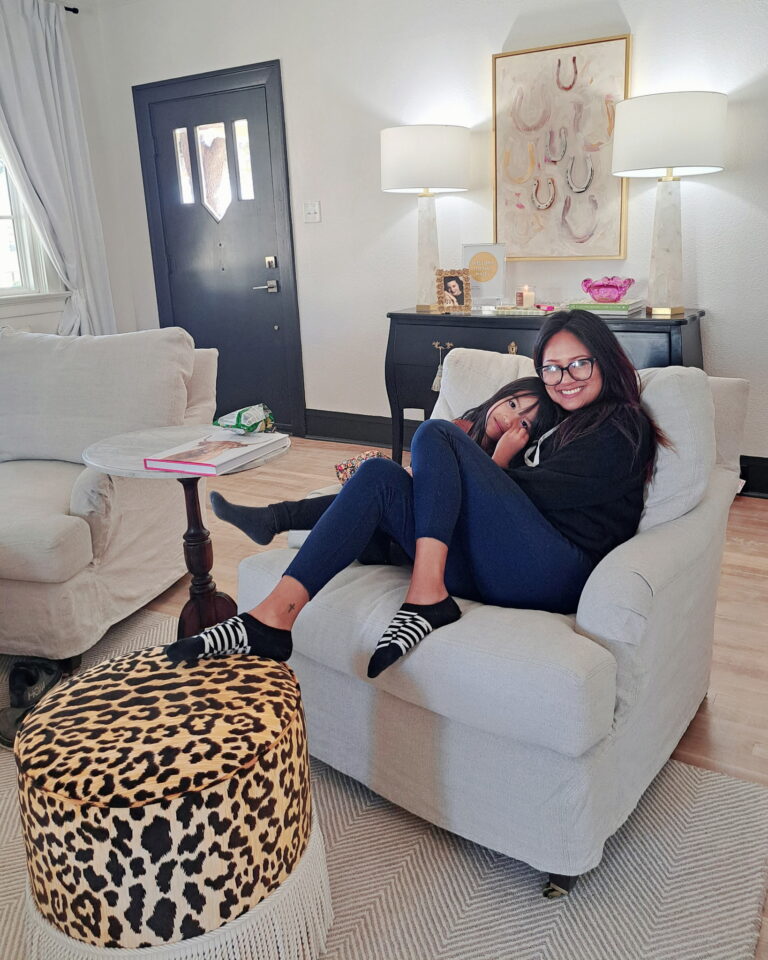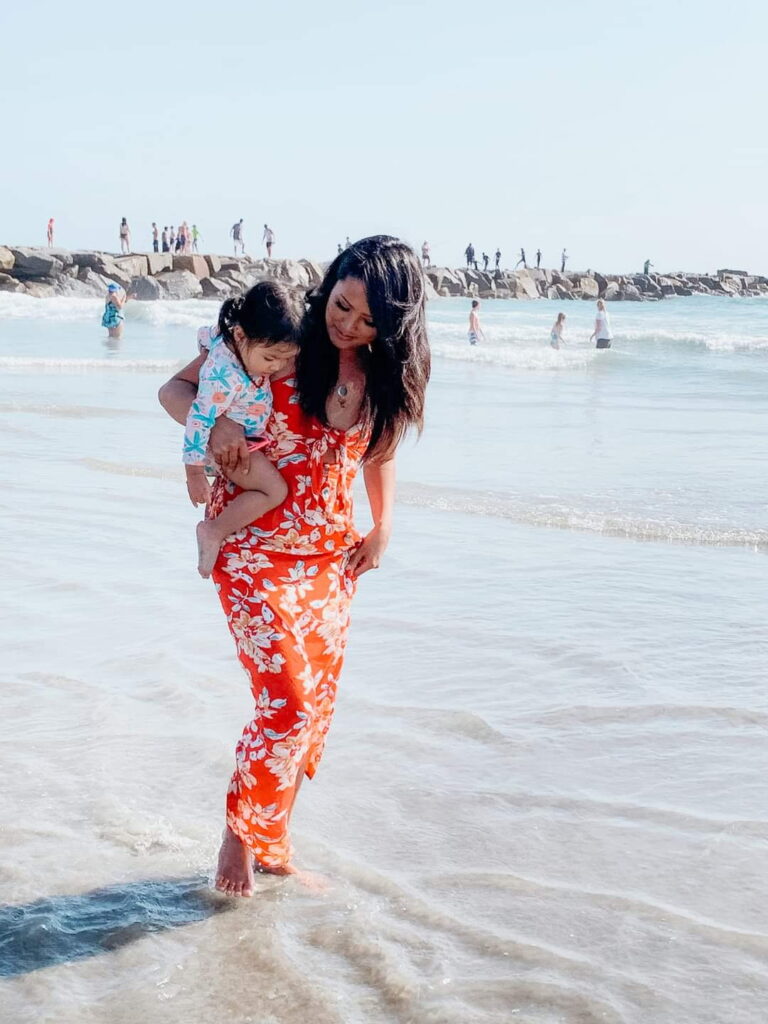Introduction
Conflict is inevitable in any relationship—whether it’s with a colleague, a friend, a family member, or even a romantic partner. It’s part of being human. And yet, we often dread or avoid it because we don’t know how to handle it effectively. The good news? Conflict doesn’t have to lead to disconnection or resentment. In fact, it can be an opportunity to strengthen your relationships if you know how to navigate it with confidence, self-awareness, and empathy.
I’ve worked with many clients who have learned to not only survive conflict but to thrive in it. They’ve developed the ability to hold their own, speak their truth, and still stay connected with others. If this is something you’re looking to achieve, then keep reading. In this blog, I’m going to share how you can learn to show up in conflict as your authentic self, stay emotionally regulated, and maintain connection with others—no matter how tough the conversation.
The Power of Showing Up in Conflict
Let’s face it—conflict is uncomfortable. Whether it’s a heated argument, a misunderstanding, or an emotional disagreement, it’s easy to want to avoid it altogether. But here’s the truth: conflict is an opportunity for growth. It’s how you show up in those moments that truly matters.
Over the years, I’ve helped clients learn how to engage in healthy, respectful conflict. The key isn’t avoiding it or trying to “win” the argument, but learning how to approach it with openness, vulnerability, and respect for both your own truth and the other person’s perspective. It’s about connecting, not disconnecting.
Through my coaching services, I help people learn to:
-
Speak their truth confidently without fear of judgment or guilt
-
Stay emotionally regulated even when conversations get heated
-
Maintain connection with others—even when there’s disagreement
This ability to navigate conflict with grace doesn’t just help you get through tough conversations; it strengthens your relationships in the long run.
1. Speaking Your Truth with Confidence
One of the most powerful things you can do in conflict is speak your truth. I’ve seen countless clients struggle with this. They’re afraid of how the other person will react or worry that they’ll be misunderstood or dismissed. But when we don’t express ourselves authentically, resentment builds, and it erodes the trust in the relationship.
In my Self-Worth & Confidence Coaching, I work with clients to build the self-assurance needed to speak their truth. This isn’t about being aggressive or dominating the conversation—it’s about finding the courage to express yourself clearly and without apology.
Here are a few strategies I teach my clients to help them speak their truth with confidence:
-
Identify Your Emotions: The first step in speaking your truth is understanding what you’re actually feeling. Before entering a conflict, take time to check in with yourself. Are you frustrated, hurt, or scared? Understanding your emotions is key to articulating them clearly.
-
Use “I” Statements: It’s easy to slip into blame language, but that usually leads to defensiveness. Instead, use “I” statements to express how you feel and what you need. For example, instead of saying, “You never listen to me,” try “I feel unheard when we’re talking and I’d like to feel more understood.”
-
Stay Calm: When emotions run high, it’s easy to get swept up in the intensity of the moment. But if you can stay grounded and calm, your message will land more effectively. Take deep breaths or ground yourself in the present moment to avoid reacting impulsively.
When you can speak your truth in a clear, confident, and respectful way, you invite the other person to listen with more openness and understanding.
2. Emotion Regulation: Staying Grounded in the Heat of the Moment
The emotional intensity of conflict can be overwhelming. Many of my clients come to me because they either shut down or react impulsively during difficult conversations. Both responses are rooted in emotional overwhelm. The key is learning how to regulate your emotions so that you can stay present and focused.
In my Emotional Regulation Coaching, I help people develop the skills to stay grounded even in high-stress moments. I teach clients mindfulness practices, grounding techniques, and emotional awareness so that they can engage in conflict with a sense of calm, not chaos.
Here are some strategies I recommend to stay emotionally regulated in conflict:
-
Mindfulness: Practice being fully present in the moment, rather than getting lost in your thoughts or emotional reactions. Mindfulness allows you to notice your emotions without getting swept away by them.
-
Pause Before Reacting: In the heat of the moment, it can be hard to think clearly. I encourage clients to take a brief pause before responding. This simple pause can help you collect your thoughts, calm down, and prevent reactive responses.
-
Reframe the Situation: Instead of viewing the conflict as an attack or personal failure, reframe it as an opportunity to understand the other person better. This shift in perspective can help reduce the emotional charge and turn the conversation into a constructive dialogue.
By learning how to regulate your emotions, you gain the ability to engage in conflict without losing control or saying things you don’t mean.
3. Maintaining Connection: Conflict Doesn’t Have to Mean Disconnection
One of the biggest fears many of my clients have is that conflict will damage their relationships. But the truth is, conflict is a natural part of any relationship, and when handled with care, it can actually deepen your connection. The goal is not to avoid conflict, but to approach it in a way that strengthens your bond with the other person.
Through my Relationship Coaching, I work with individuals and couples to develop the skills necessary for navigating conflict in a way that preserves and even enhances their relationships. We focus on active listening, empathy, and mutual respect—fundamental ingredients for keeping your connection strong.
Here’s how you can maintain connection during conflict:
-
Active Listening: Conflict isn’t just about talking; it’s also about listening. Listen deeply to what the other person is saying, without interrupting or planning your response. This shows them that you respect their perspective.
-
Acknowledge Their Feelings: Even if you disagree, validate their emotions. A simple acknowledgment like, “I see that this is really upsetting for you,” can go a long way in maintaining emotional connection.
-
Find Common Ground: Look for areas of agreement, no matter how small. This helps to shift the conversation from “us vs. them” to “we are working through this together.”
By practicing these techniques, you’ll be able to navigate conflict in a way that leaves both parties feeling heard and respected, rather than alienated.
4. Growth Beyond Conflict: Turning Conflict into a Learning Opportunity
Conflict can feel uncomfortable, but it’s also an opportunity for personal and relational growth. The key is learning to view conflict not as something to avoid, but as a tool for growth. Each conflict is a chance to learn more about yourself, the other person, and how you relate to each other.
In my coaching, I encourage clients to use conflict as a springboard for self-reflection. After a difficult conversation, take some time to reflect on what went well, what you learned, and what you could do differently next time.
Here are some practices I recommend for turning conflict into growth:
-
Self-Reflection: After a conflict, ask yourself questions like: What triggered me? How did I handle my emotions? What could I have done differently? This kind of reflection helps you improve your conflict-resolution skills over time.
-
Learn from Your Triggers: Understanding what triggers you during conflict is a powerful tool for personal growth. Once you’re aware of your triggers, you can take steps to manage them more effectively in future situations.
-
Embrace Vulnerability: Conflict often requires vulnerability. It may mean admitting that you were wrong, sharing your deepest feelings, or asking for what you need. The more comfortable you get with vulnerability, the more connected you’ll feel in your relationships.
Viewing conflict as a learning opportunity can shift your mindset and help you approach difficult conversations with a sense of curiosity and growth, rather than fear.
Conclusion: Show Up and Shine in Conflict
Conflict doesn’t have to tear relationships apart. In fact, when you approach it with confidence, emotional regulation, and a commitment to connection, it can strengthen your relationships and help you grow as an individual.
If you’re ready to start showing up as your authentic self in conflict—holding your own, speaking your truth, and still maintaining connection—my coaching programs can support you in that journey. Together, we can develop the tools and strategies you need to face conflict with confidence and grace, creating healthier, more fulfilling relationships.
Ready to take the first step toward mastering conflict resolution? Let’s work together to transform the way you navigate difficult conversations. Schedule your consultation with me today!








